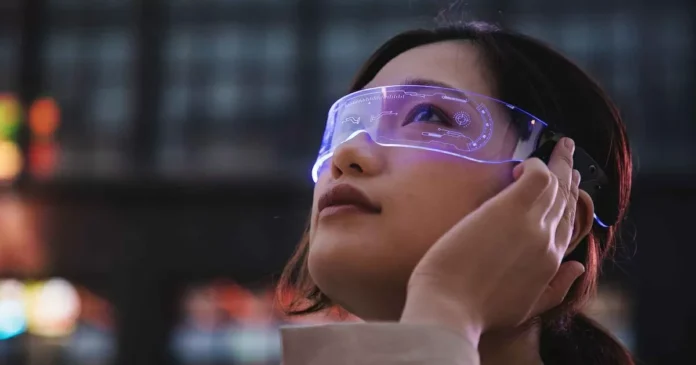Immersive technologies, such as virtual and augmented reality, have taken the world by storm with their ability to transport us to different worlds and enhance our experiences. But these technologies are not just limited to entertainment and gaming – they also offer powerful new tools for mental healthcare. These cutting-edge technologies have the potential to revolutionize the way we approach mental health treatment, but their implementation must be grounded in clinical principles and executed with competence.
Mental health is a global issue, affecting people of all ages, genders, and backgrounds. According to the World Health Organization, nearly one in four people around the world will experience a mental health disorder at some point in their lives. Despite the prevalence of mental health issues, there is still a stigma attached to seeking help and receiving treatment. This is where immersive technologies can play a crucial role in breaking down barriers and providing access to much-needed mental health care.
One of the major advantages of immersive technologies in mental health care is their ability to create a safe and controlled environment for patients to confront their fears and anxieties. VR has been successfully used in exposure therapy for conditions such as post-traumatic stress disorder, phobias, and social anxiety. By creating a simulated and immersive experience, patients can confront their triggers in a controlled and safe environment, leading to lasting improvements in their symptoms.
Moreover, immersive technologies offer a level of engagement and interactivity that traditional therapy methods may not provide. Patients can actively participate in their treatment, making it a more empowering and effective experience. This can be especially beneficial for children and adolescents, who may struggle to express themselves in traditional therapy sessions.
Not only can immersive technologies be used for treatment, but they can also be used for assessment purposes. The use of VR-based tests can provide clinicians with more accurate and objective data to help diagnose and monitor mental health disorders. This can lead to more personalized treatment plans, improving the overall efficacy of mental health care.
Besides individual therapy, immersive technologies also offer potential for group therapy and support. With virtual environments, patients can connect with others who are going through similar struggles, providing a community of support and understanding. This can be particularly helpful for individuals who feel isolated and alone in their mental health journey.
However, as with any new technology, there are concerns about the potential negative impacts of immersive technologies on mental health. Possible side effects such as dizziness, nausea, and eye strain have been reported by some users. Therefore, it is vital that the implementation of these technologies in mental health care is guided by clinical principles and executed with competence.
Proper training and supervision by trained mental health professionals are essential to ensure the ethical and effective use of immersive technologies in treatment. Clinicians must also stay updated with the latest research and evidence-based practices to integrate these technologies into their treatment plans. The goal should always be to enhance and complement traditional therapy methods, not replace them.
Moreover, it is crucial to address any potential negative impacts and ensure the safety and well-being of patients. This includes setting up clear guidelines and protocols for the use of immersive technologies, as well as regularly monitoring and evaluating their effectiveness and any potential side effects.
In conclusion, immersive technologies offer powerful new tools for mental healthcare, but their implementation must be grounded in clinical principles and executed with competence. These technologies have the potential to improve access, engagement, and outcomes in mental health treatment. However, they must be used ethically and responsibly, with the well-being of patients as the top priority. With proper training, supervision, and integration into evidence-based practices, immersive technologies can play a significant role in revolutionizing mental health care and breaking down barriers to treatment. Let us embrace the power of technology and use it to improve the lives of those struggling with mental health issues.

